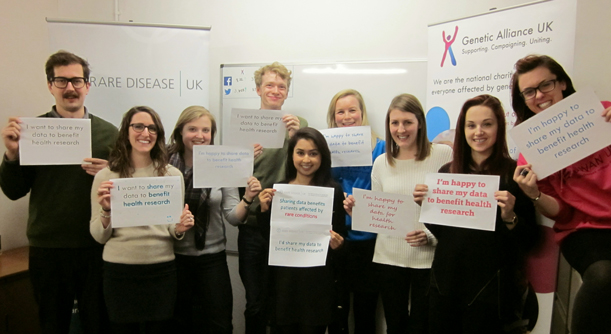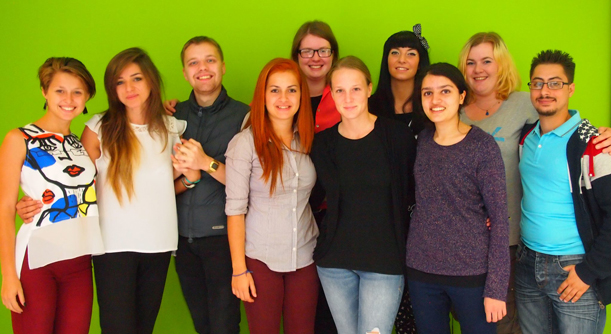Whenever issues linked to data protection are under discussion it is all too easy to get distracted from the one simple point that attracted us to the discussion in the first place: the fact that there are many millions of patients across Europe who have unmet health needs. New treatments are only going to come from medical research and the use of patient data will play a crucial role in this.
That is why it was so great to see the datasaveslives.eu campaign go live in December. It acts as a vital tool for the patient and research community to directly communicate the value of sharing health data.
Coordinated sharing of data has had a great impact on the lives of some of the members of the SWAN UK community for example. SWAN stands for ‘syndromes without a name’, and SWAN UK is a community of families who have children with undiagnosed genetic conditions.
Many of these kids are severely ill and with no diagnosis, the families face a series of unknowns. They don’t know how their child’s condition will develop, they don’t know whether they will hear their child talk, they can’t predict how long their child’s life will be and they don’t know whether their next child will be affected.
Across Europe a series of research projects (Deciphering Developmental Disorders or DDD, Genomic Disorders Nijmegen, Genetics Of Learning Disability) helped generating more knowledge about the currently unknown conditions that affect children, including those in the SWAN UK community.
We’re seeing the results of these projects come through to our members all the time now. It is still early days, but the change in families who can at least confirm the genetic cause of their child’s illness is obvious: they can plan for another child, they can be sure that their other children can have children safely themselves, and they can finally tell everyone why their child is ill.
The power of these studies comes from their size and the amount of data patients and their families are sharing with the project. The DDD project has a cohort of 12,000 families and has already established at least 12 new genes (link) and we expect many more.
The projects communicate clearly how they will use and how they will share data. We have found them to take their responsibility to participants very seriously, with identified members of staff taking charge for data security and data protection.
Projects like these are just one example of an area of unmet health need: diagnosis, that research involving patient data can benefit. There are many, many more, and I look forward to reading about them on datasaveslives.eu.

